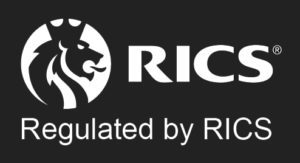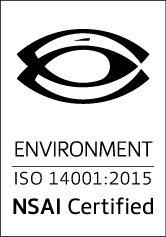Have you considered ways to measure Water Conservation within your scheme?

It is crucial to prioritise and establish a comprehensive water conservation strategy for any asset. Some factors to consider include:
- How much water are we using and for what?
- Are conservation measures in place?
- Are there any leaks?
- Have we a Water Strategy and Water Management Plan with goals?
The primary water conservation objective of an asset is to conserve a natural commodity. It is based on efficiencies like reduced flows, leak detection and the introduction of rainwater harvesting systems for non-potable use (e.g., toilets, general cleaning). Conserving water reduces the need for costly infrastructure expansion and maintenance, providing a positive impact on the environment and service charges.
Once you have developed and integrated water conservation, there is a secondary sustainable measure that can explored.
When we think about sustainability measures, several projects typically come to mind. Solar PV Panels, EV Charging Stations, LED Lighting, Rainwater Harvesting – the list goes on. Asset Managed Water Wells are one of the least utilised sustainability initiatives explored in Ireland. What a missed opportunity given the wet summer we just experienced!
Asset Managed Water Wells are renewable sources that have the potential to provide water to common area facilities such as toilets and tap water (not for consumption) in public spaces. Take shopping centres for example. There are a small number of shopping centres in Ireland that have implemented Asset Managed Water Wells, but why are more centres not doing the same? One barrier is that the drilling process on-site is not a simple option. The site must meet many conditions and most importantly, the drilling must find a water source.
Exploring the eligibility of your site is worthwhile. In line with a decision by the Commission for Regulation of Utilities (CRU) on non-domestic tariffs, a new set of national water and wastewater business charges came into effect on the 1st of October 2021. There has been no change to charges since 2014. Historically, customers would have paid charges based on their local authority. The newer system introduced four bands based on the level of usage. Having an Asset Managed Water Well on site would remove the need for public water which in turn would reduce water rates.
A well-developed and integrated strategy can be used in line with public water systems. This is a visionary objective that should be embraced to protect the long-term vulnerability of this natural resource. From a commercial perspective, the savings are significant.
Be a visionary! Talk to Evia Sustainable Real Estate or Bannon Property Management team in advance of your next budget year to discuss potential savings and projected payback.
Author: Aoife McGovern, Surveyor, Bannon
Date: 13th October 2023





